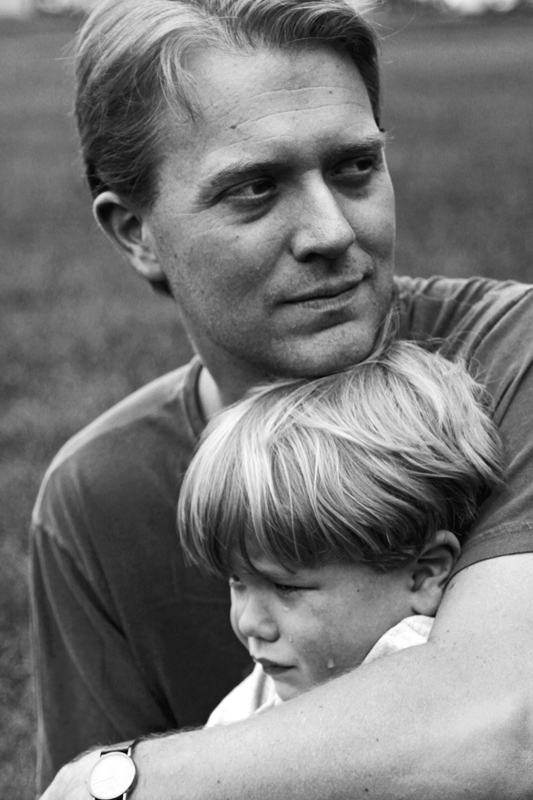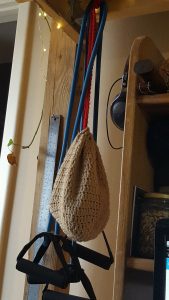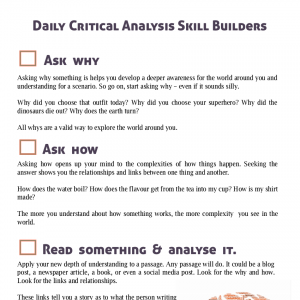
When we are children, our relationships are based around fun. As we get older, we want to share more of our lives and experiences with our friends. Late night truth or dares when you conspiratorially got your two friends that liked each other to kiss turns into a secret you keep from your parents and memories to laugh about in adulthood over drinks.
Those seem to be the golden days when nothing could go wrong.
Growing up I heard adults around me donating the words of wisdom, “Hold onto your friendships. In the future when you’re older, it’s a lot harder to make true friends.”
Does it have to be, though? I’ve found counterintuitive advice in experience. When we start out life we bond over fun things, not serious things. Then, as life develops we start to form ideas and opinions on the deeper experiences of life. It’s emotional when we are teens because it’s our first time experiencing the trials of life. We rely on our friends to help us through. As adults, we have our wit and intelligence born of these experiences to bond over.
In university, I would hear many people, women and men both, lamenting that their relationships lost that “depth” that they had when they first started. Both women and men expressed a desire to have more in depth conversations with their friends and mates without it getting so serious that feelings and emotions rose to the top.
After all, who wants an argument ruining an otherwise decent day?
Conversations based around nuanced thought create strong relationships based on understanding and empathy.
How?
Pick up any relationship advice book or article. It doesn’t matter if it is one on interpersonal relationships within a house or business. Every single one of them has a certain theme to them. It’s “listen more than you talk” followed by “think about it from their point of view before responding.”
Why?

It’s common for our egos and emotions to get in the way of everything. Even taking a breath before we respond gives us a moment of pause to check our emotions a little, think analytically about the scenario, and be able to respond in ways we don’t regret later.
Oddly, when we are children we don’t take things nearly as personally for a while. We can make each other cry, but then we run to our elders for comfort. They explain things to us rationally from a “been there, done that” point of view. We sniff, whine, listen, and then forgive our bestie for their transgressions.
Even as adults, we still lean on people for advice and reflection. And, because we are human, sometimes we get overly emotional about any situation. (Seriously, I got emotional over dropping a plastic glass of water and soaking the carpet.) When we get emotional, all manner of things could happen — including snapping at people that don’t deserve it.
I could give you examples, but we’ve all been there. We’ve all said stuff we don’t mean to someone in the heat of the moment.
Stepping back and getting a 10,000 foot view on the situation is something that psychologist recommend for personal problems (“Fighting Fair to Resolve Conflict,” n.d.), relationship counsellors recommend to couples (“Fair Fighting Rules (Worksheet) | Therapist Aid,” n.d.), and business professionals state to do for negotiation (“Ten Tips for Negotiating in 2017 – article by Ed Brodow,” n.d.). The first step in all the advice linked is to know what you want or why you are upset.
And that takes analytical thinking.
You can develop analytical thinking in your down time (ie, when you’re not needing it for a debate or negotiation) by underscoring a little superpower we call metacognition. We all have this superpower buried inside of us, but we rarely use it. Yet, awakening it is as easy and as fun as sunbathing.
Seriously, it’s that easy:
Step 1: Take a look at something in your place nearby your computer screen.
Step 2: Ask yourself, “What do I like about this?”
Step 3: Answer the question.

Example: I have a crocheted camera bag next to my desk that holds my Nikon. It’s tan and red. What I like about it, besides it being one of the first things I crocheted, is the shock of red for the tie. I can’t lose it because the red looks stunningly bright against the tan, even in muted light.
Repeat this a few times a day to gain awareness of things around you, what you appreciate, and what makes you smile.
Whoa, Ms. C, how does this work?
It works because we humans tend to lose focus on little things in life like this. Zooming in on a detail here and there opens up our minds to what is around us. This, in turn, is a gateway to opening our minds to our fellow humans on the planet.
When it comes to working with our colleagues, developing deeper friendships, and stemming arguments with your siblings, there is a slight twist. Instead of asking why you like something, ask them, “Why?”
Then shut up and listen without judgement.
And there’s the rub. If you are anything like other human beings, it’s hard to listen without judgement. But, like Sharí Alexander (“Avoid These 2 Words if You Want to Be Influential,” 2017) says, you can’t influence someone when you’re judging them. You need to understand them first, then influence them from where they are.
To make it easier, start with you. Learn to develop an in-depth knowledge of yourself and appreciation for things around you. Then, start to build your relationships slowly as you become more comfortable with reserving judgement while listening to your comrades and embracing them for their nuances that make them individuals.
 And get more free resources from our library while you’re at it.
And get more free resources from our library while you’re at it.
Drop your email below to get THREE activities you can do in just a few minutes a day to purposefully build more awareness and intentionality. Adult and kid friendly exercises, that is.
